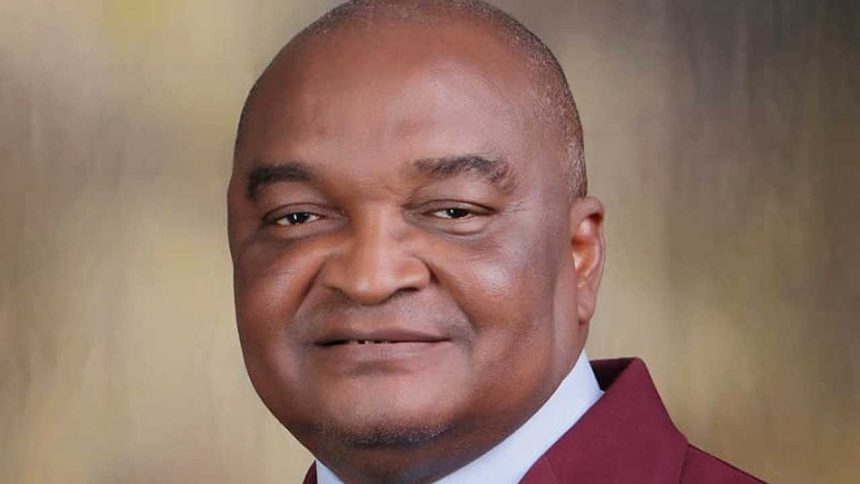Town planners across Nigeria have been encouraged to strengthen professional ethics, deepen technical competence, and adopt modern technologies to enhance planning practice and support sustainable national development.
This call was made by former President of the Nigerian Institute of Town Planners (NITP), Nathaniel Atebije, during the inauguration of the Federal Capital Territory (FCT) chapter of the Association of Town Planning Consultants of Nigeria (ATOPCON) in Abuja.
Atebije, delivering a paper titled “Flawless Professionalism: The Soul of Enduring Practice in Urban and Regional Planning,” said ethical discipline, institutional memory, and continuous learning remain the backbone of credible planning practice.
Professionalism as the Anchor of Planning
He described professionalism as the conscience of the urban planning field, noting that planners must combine competence, civic responsibility, and integrity to guide the complex socio-spatial development of cities.
According to him, “Flawless professionalism is not about perfection but about consistently maintaining technical accuracy, ethical conduct, and moral clarity.”
Atebije emphasised that planners serve not only as development technicians but also as moral stewards responsible for shaping cities that balance justice, efficiency, and aesthetic value. He warned that without strong ethical foundations, urban planning risks becoming bureaucratic or profit-driven, with little regard for the public interest.
Ethics, Competence, and Integrity
He identified competence, integrity, and service to society as the three essential pillars of lasting planning practice.
He added that institutional memory— the preservation of professional knowledge— is vital in preventing the erosion of standards and policy inconsistency.
Atebije also stressed that planners must navigate competing interests such as growth versus conservation and private investment versus collective welfare, using sound judgment and ethical imagination.
ATOPCON’s Role as Innovators
Speaking on the mandate of ATOPCON, he described the association as the entrepreneurial engine of the planning profession, urging it to lead new innovations, uphold ethics, train young professionals, and collaborate with regulators like TOPREC and NITP.
He called for:
- Mentorship structures
- Continuous professional development (CPD)
- Strong peer-review mechanisms
- Documentation of practice experience
- Innovation labs for digital planning and sustainable design
Driving Abuja Toward Smart-City Status
In his welcome remarks, ATOPCON President Hakeem Badejo challenged the Abuja Branch to champion emerging technologies that will position Abuja as one of the world’s most liveable cities.
His targets include:
- Proposals on AI for governance
- Exploring Web3 tools for urban management
- Planning models for automated vehicles and eVTOL mobility
- Regenerative slum redevelopment strategies
‘A Long-Overdue Step for Abuja’
Coordinator of the new ATOPCON branch, Dr. Emmanuel Agbator, described the inauguration as overdue, noting that Abuja—despite its rapid and complex development—had long lacked an ATOPCON structure.
He assured that the branch would work collaboratively with relevant stakeholders to improve planning outcomes and strengthen urban governance in the FCT.



